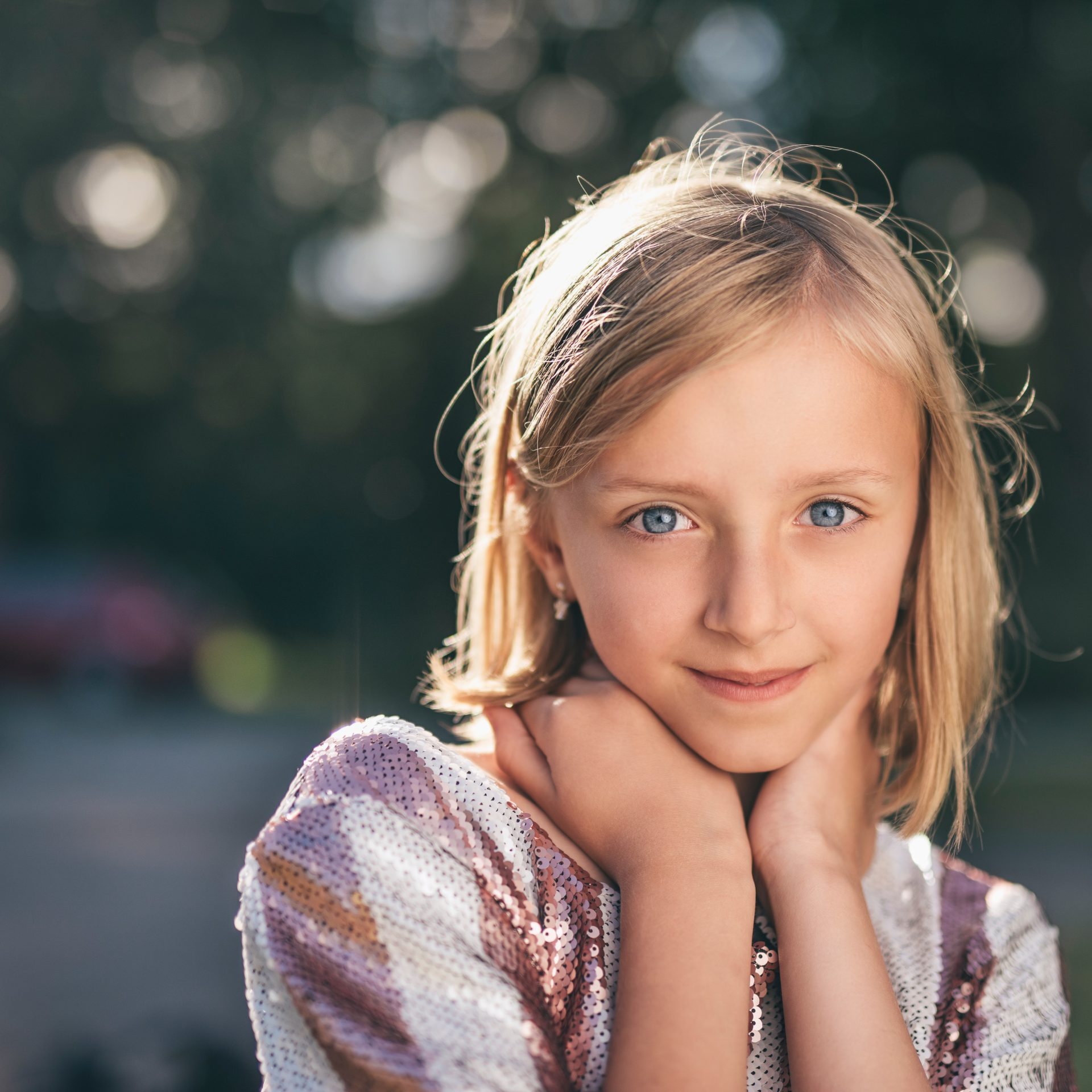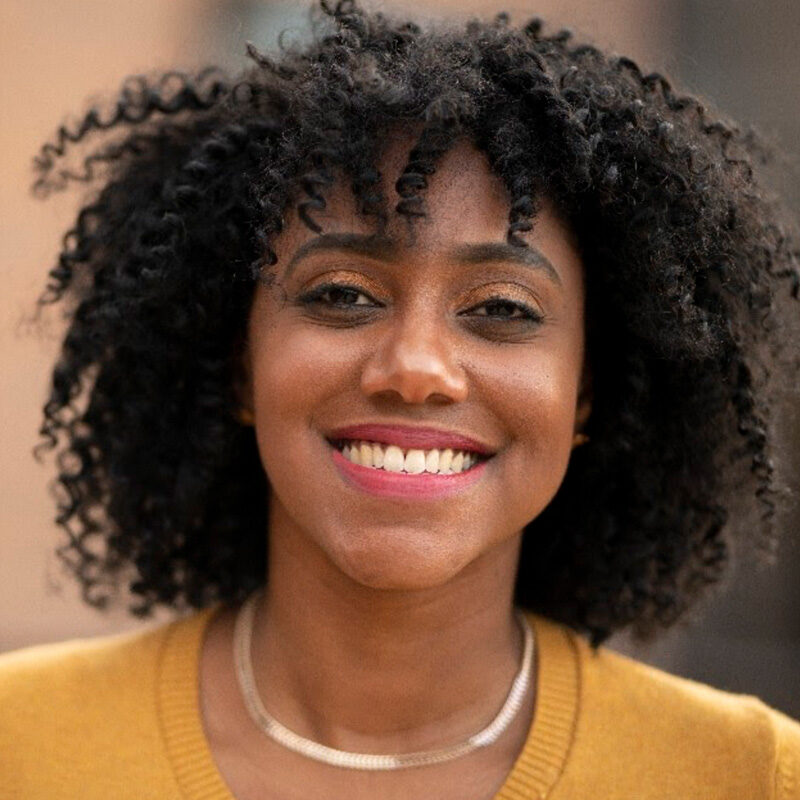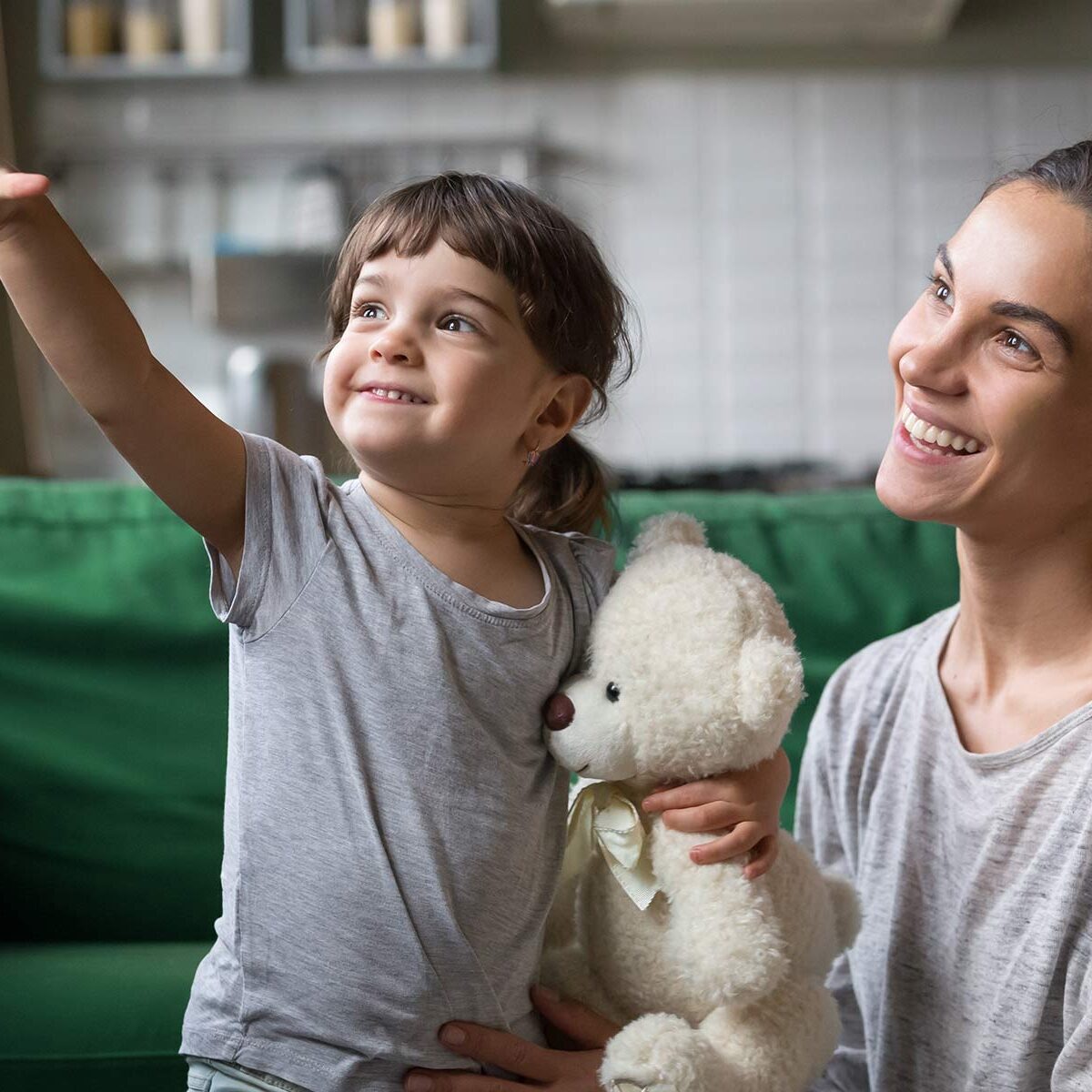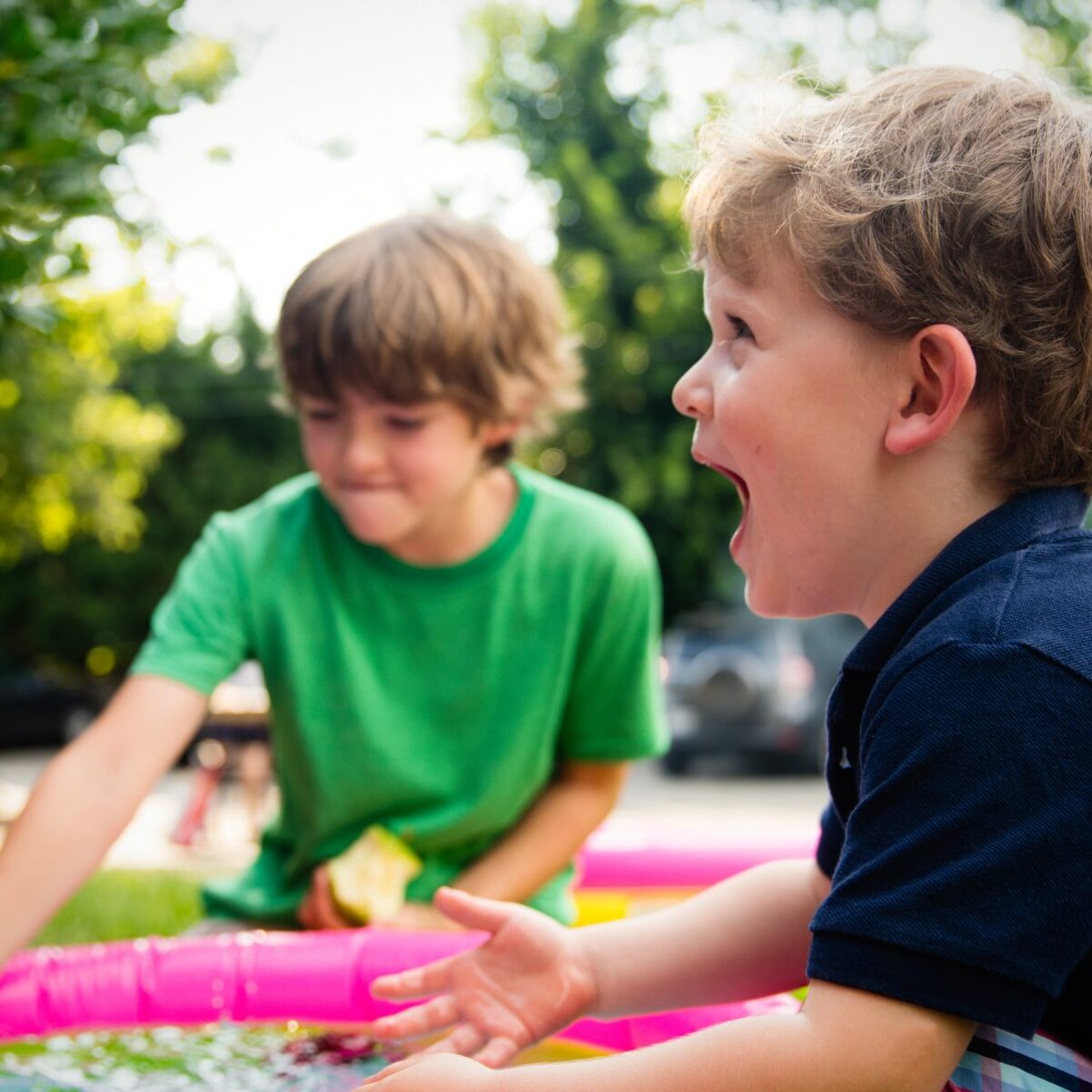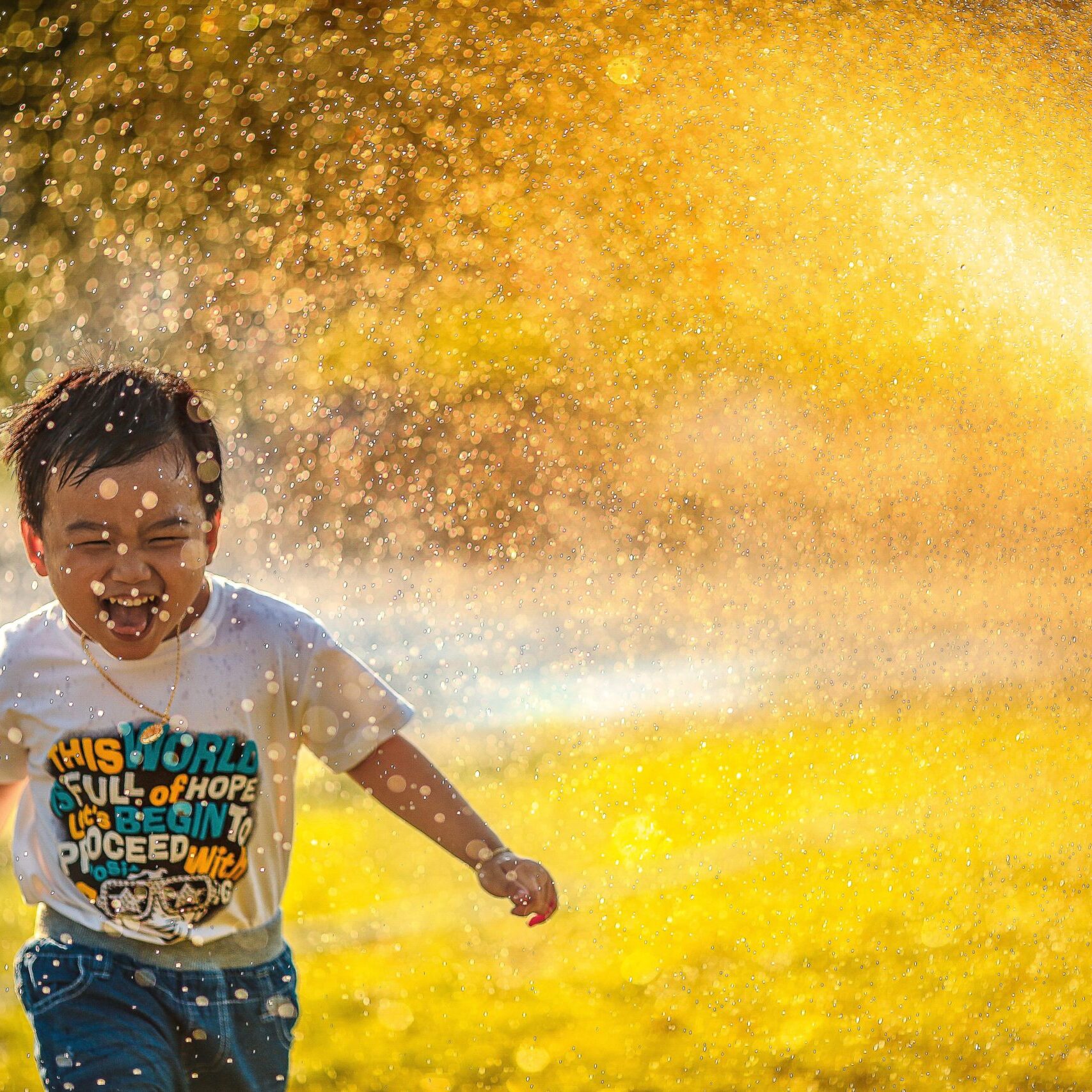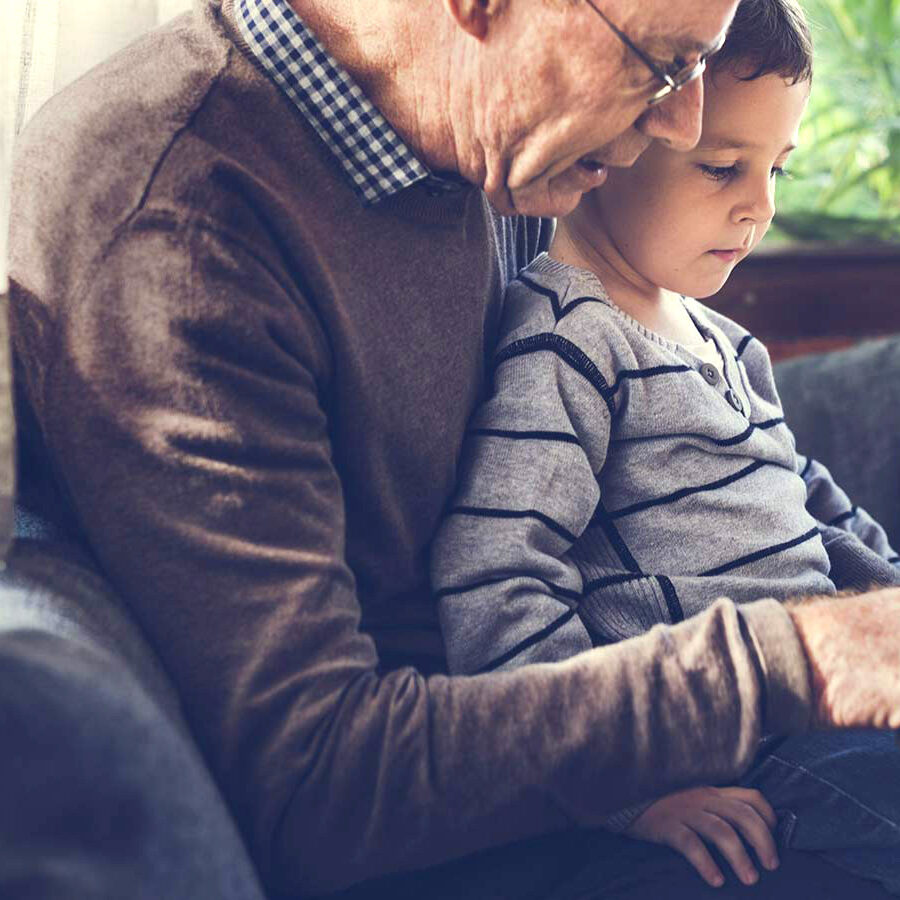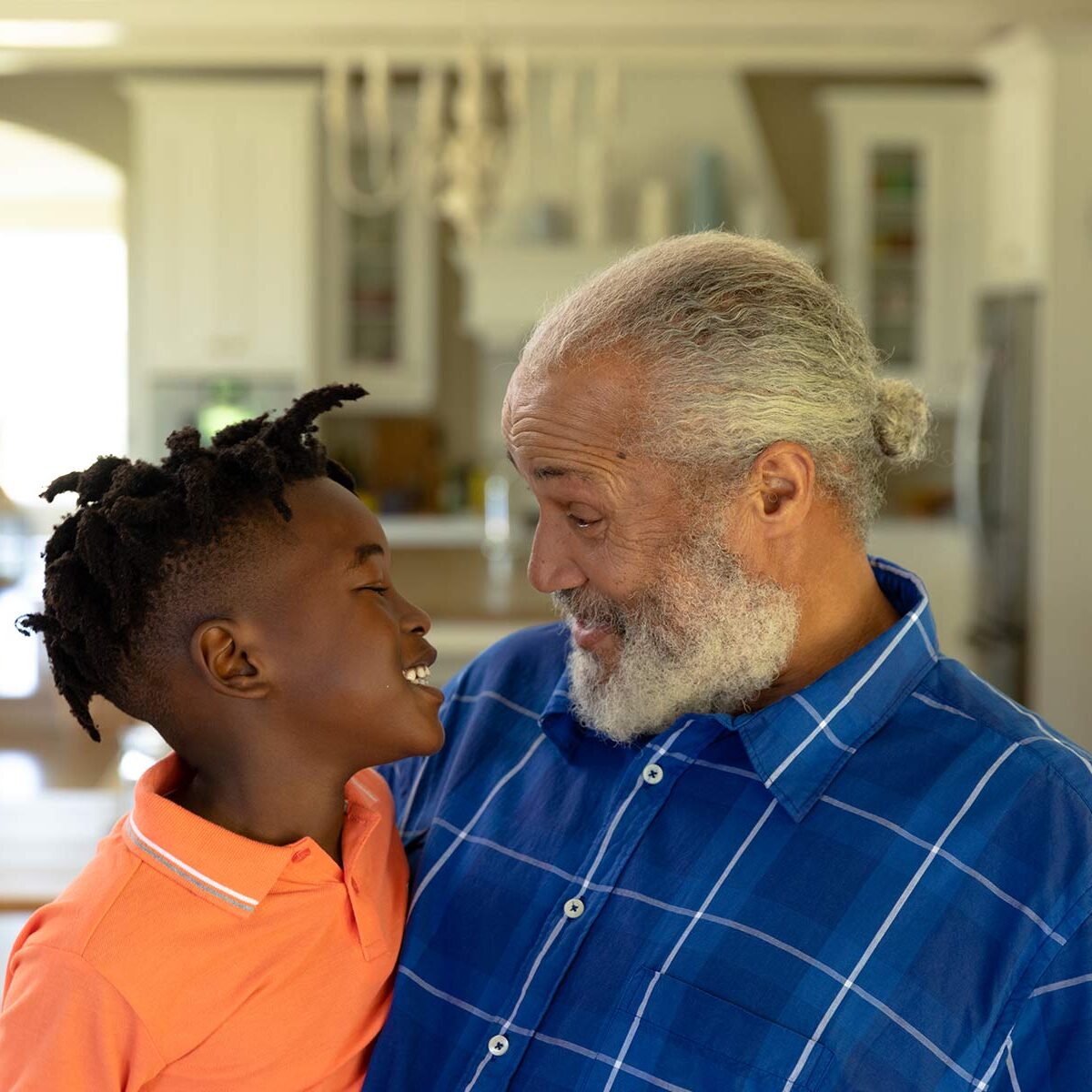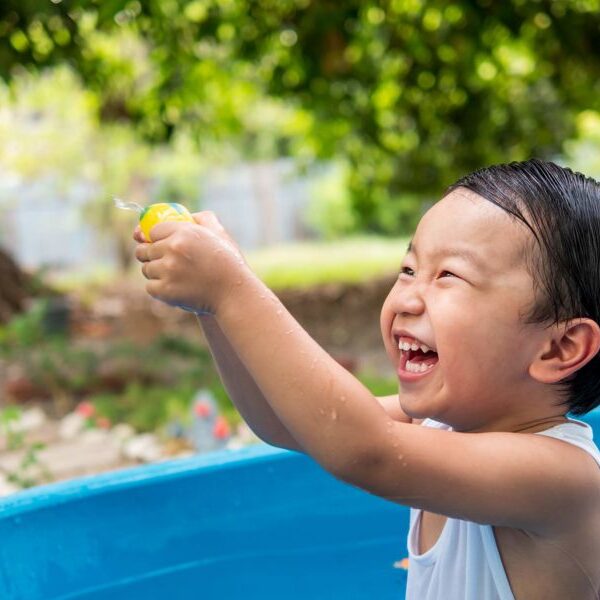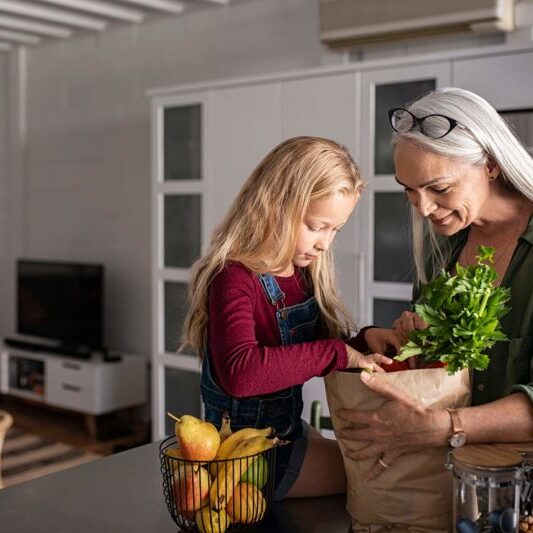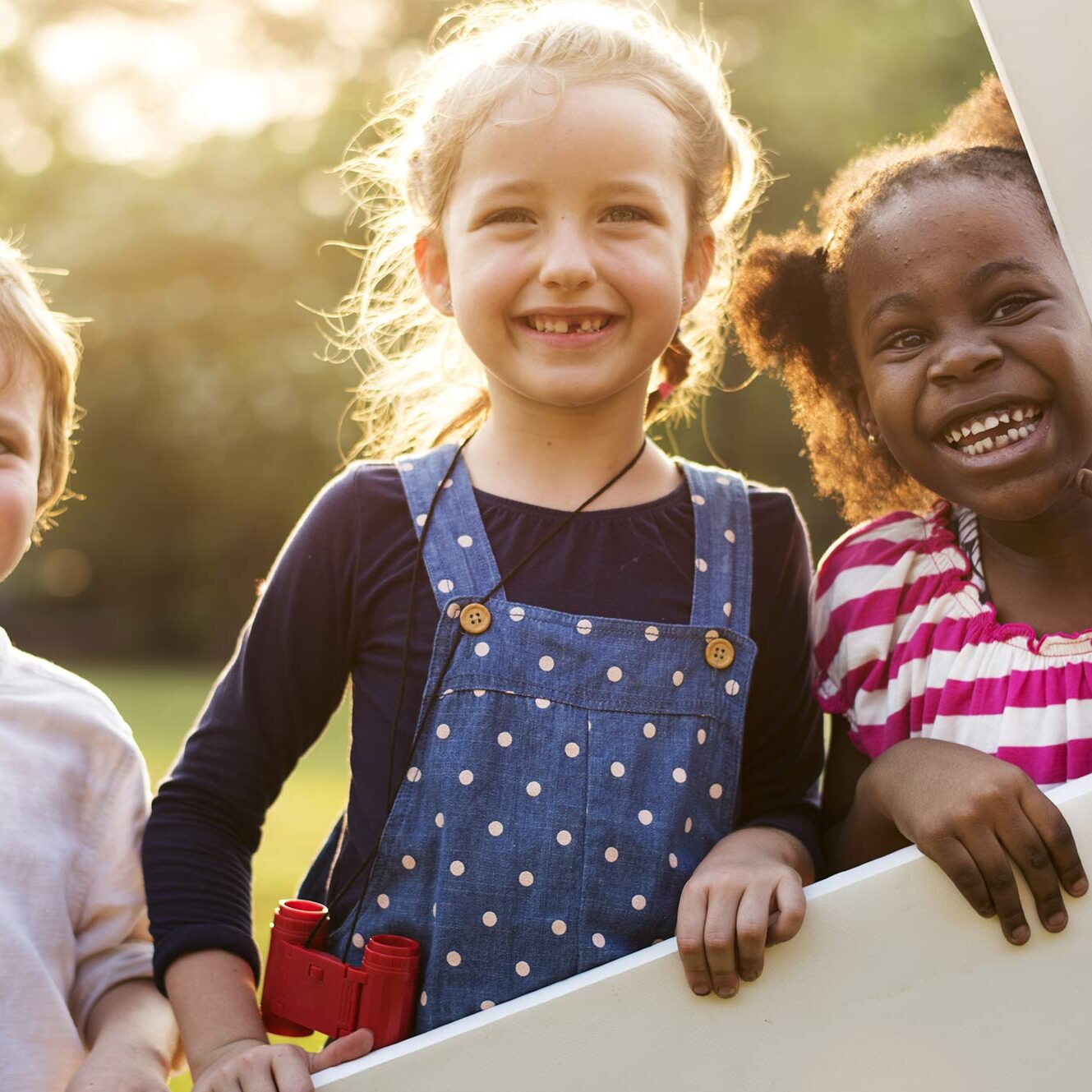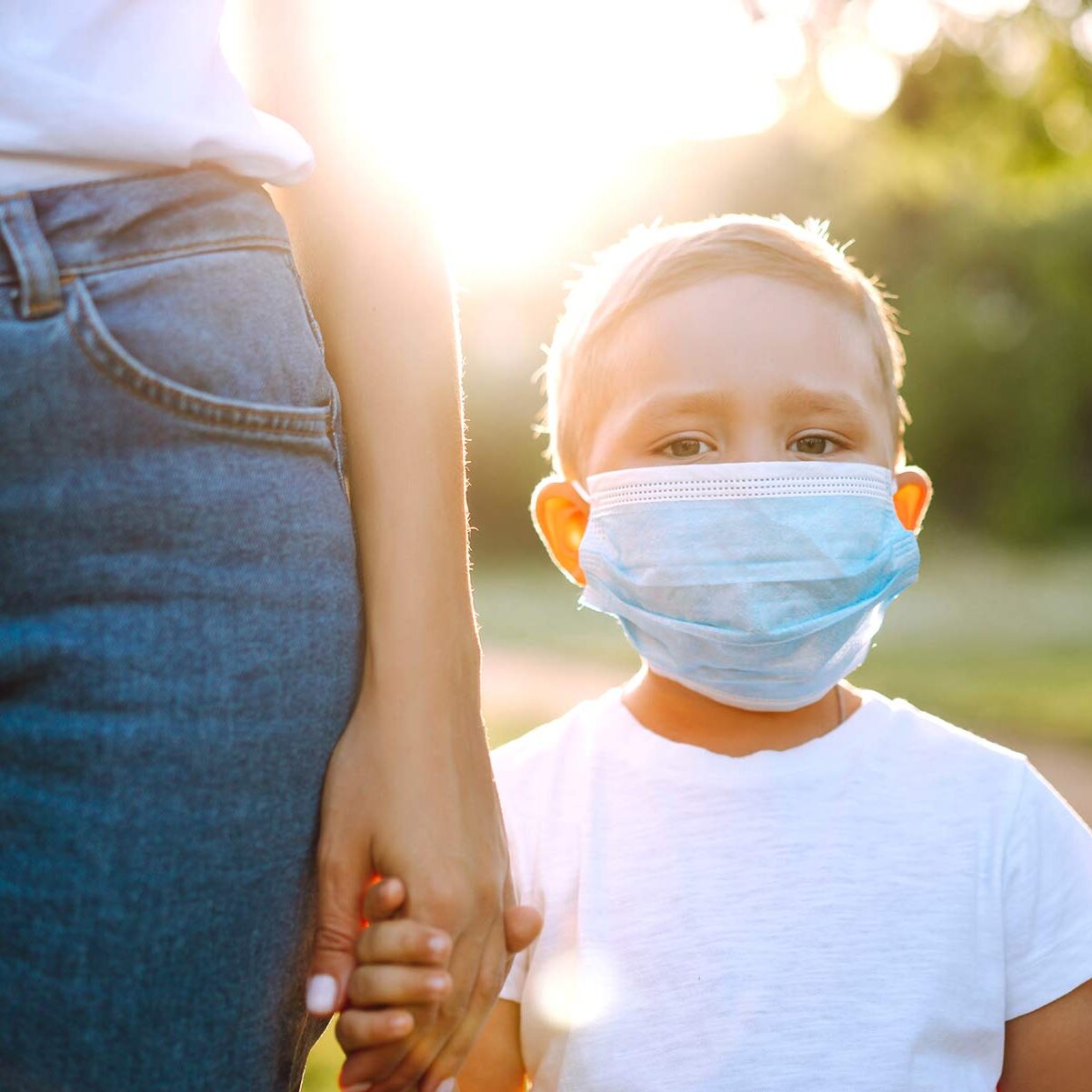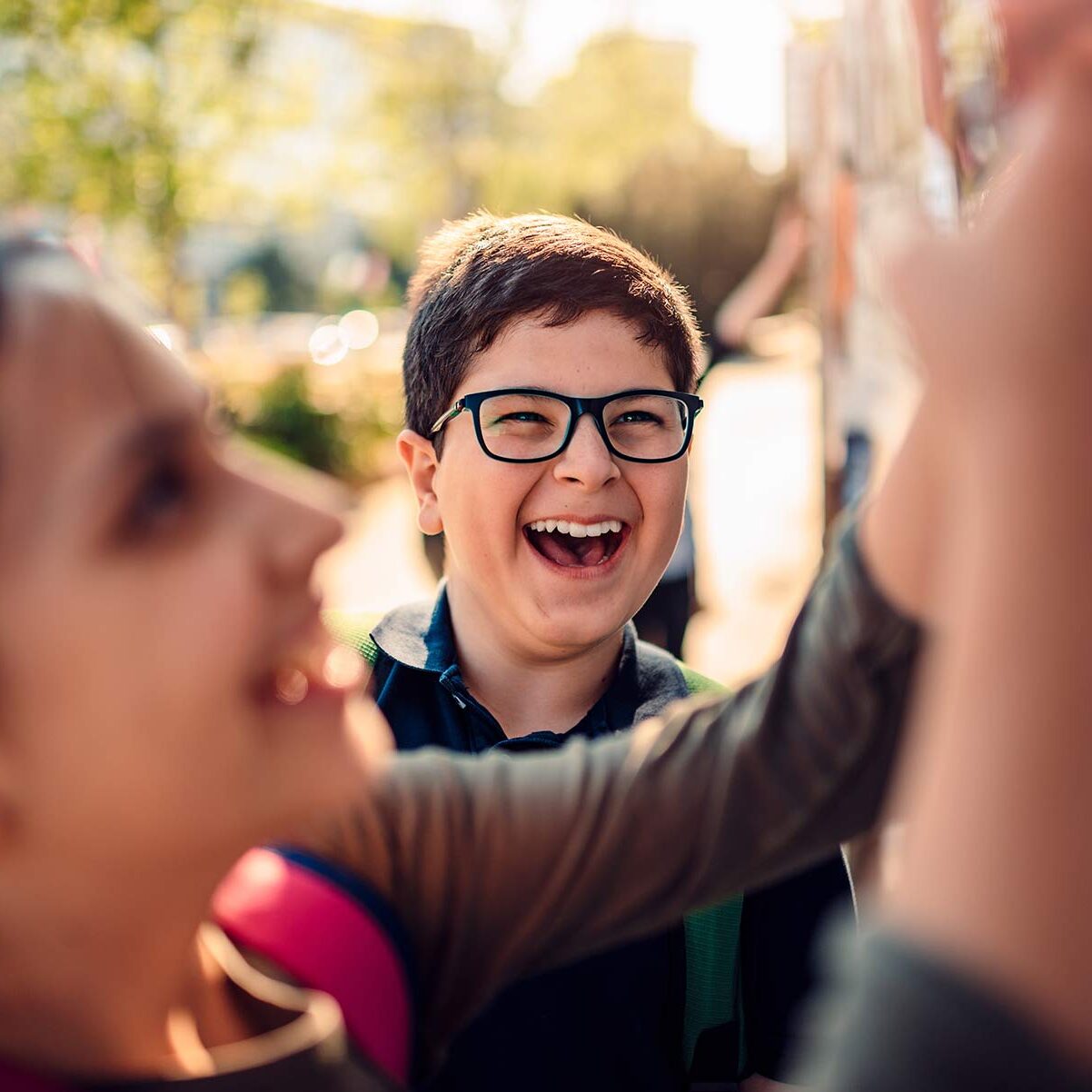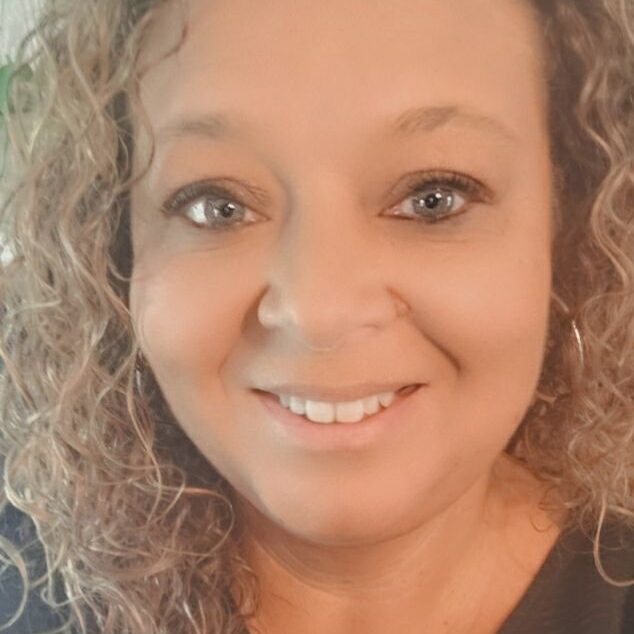
ABOUT THE AUTHOR
Damita Kniceley
Regional Coach
Damita has over 20 years’ experience working with families and children in various roles, including Community Outreach, Workforce Development, Family and Youth Advocacy, OWF/SNAP and Medicaid Case Management, Kinship and Adoption, and working with survivors of Domestic Violence. She holds a Bachelor’s Degree from Ohio University in Organizational Communications and a Family Development Certification from the University of Iowa. Damita’s passion is working with individuals and helping them become self-sufficient. As a previous Navigator in Region 7, Damita is excited to now serve as a Coach in Region 8!
Family matters to children. According to the Annie E. Casey Foundation article, Exiting Without Family, 12% of the 238,230 youth who transitioned out of foster care in 2014 did so without permanent connections to family. Youth experiencing foster care already face an uphill road to adulthood. That climb becomes even more steep when youth have no close familial relationships.
However, the article states that nearly 9 out of 10 are aging out of foster care with a family connection. This is good news! The majority of children, 51% exiting foster care in 2014, were unified with family; 21% were adopted and 9% were placed with a guardian.
Per the Annie E. Casey Foundation report, Every Kid Needs a Family, youth will always need family, or familial connections. Youth need a parental figure to support them throughout their life. A parental figure impacts physical, mental, and social development. The impact of a committed caregiver throughout a child’s life is tangible. An infant’s brain develops through positive interactions with a dependable caregiver. Young children, treated as individuals by those caring for them, develop self-esteem and learn to form relationships and regulate behavior. Adolescents learn independence with healthy boundaries while looking to parents or caregivers as a moral compass. And right before adulthood, young adults draw on family experiences and relationships to support self-reliance and to raise their own children.
Restoring family or creating family means significant hope for a child’s future. We can start by recognizing every child’s need for a family that can provide the typical family experiences, such as eating at the family table, playing with toys, and participating in after school activities. A family who can be there when a child learns to read, graduates from high school, or gets their first job can create a resilient young adult with a support network to help them navigate the struggles and barriers that come with adulthood.
It is essential that children grow up with at least one trusted, committed parental figure who will keep them safe and be stable and supportive. That could be a biological or adoptive parent, or a kinship caregiver, whether a relative or supportive friend. Children need this familial connection to build success and self-sufficiency.
If you are a kinship caregiver or adoptive parent, know that you are not alone. There are resources available to you. Contact OhioKAN at 1-844-644-6526 to speak with a Navigator or visit the OhioKAN website OhioKAN.jfs.ohio.gov.
Sources:
The Annie E. Casey Foundation. “Exiting Without Family is a Harsh Reality for 12% of Kids leaving Foster Care.” www.aecf.org
The Annie E. Casey Foundation (2015) Every Kid Needs a Family: Giving Children in the Child Welfare system the best Chance for Success. Policy Report. https://www.aecf.org/resources/every-kid-needs-a-family
National Scientific Council on the Developing Child (2012). The Science of Neglect: The Persistent Absence of Responsive Care Disrupts the Developing Brain: Working Paper No. 12. Retrieved from www.developingchild.harvard.edu.
Dozier, M., Kaufman, J., Kobak, R., O’Connor, T. G., Sagi-Schwartz, A., Scott, S., Shauffer, C., Smetana, J., van IJzendoorn, M. H., & Zeanah, C. H. (2014). Consensus statement on group care for children and adolescents: A statement of policy of the American Orthopsychiatric Association. American Journal of Orthopsychiatry, 84(3), 219–225
Pennsylvania Department of Human Services, KinConnector website – https://www.kinconnector.org/
KinConnector – Rosie’s Story – Rosie’s Story Part 1 (kinconnector.org) Rosie’s Story Part 2 (kinconnector.org)


